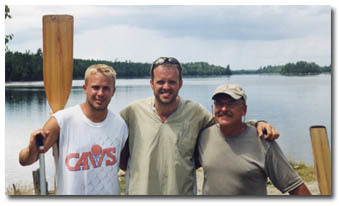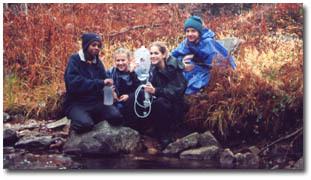 How do outdoor experiences enhance learning?
How do outdoor experiences enhance learning?
The use of outdoor experiences for educational purposes has a much longer history than advent of such programs in the early 1970's. Nearly 2,500 years ago Plato extolled the virtues of outdoor experiences because he recognized that such experiences developed healthy bodies, which in turn developed healthy souls. He believed that the "moral value of exercise and sports far outweighed the physical value." The academy promotes learning experiences in wilderness environments because such settings initiate certain responses among students which are of value: careful observation, cooperation, clear thinking and planning, persistence, resourcefulness and adaptability. Such responses are not demanded by the environment per se, but rather the manner in which the program forces students to interact with the environment determines learning outcomes. So what skills are gained in adventure programs? In addition to teaching students the 10 Design Principles of the Expedition Academy, extensive research by John Hattie (1997) detailed the benefits of such programs for students.
 Adventure programs can have substantial effects relative to other educational experiences, and the effects are not only long lasting but increase over time. Moreover, adventure programs set difficult and specific goals and structure tasks so that participants can attain goals. Once goals are attained participants are more likely to change goals to be even more specific and challenging.
Adventure programs can have substantial effects relative to other educational experiences, and the effects are not only long lasting but increase over time. Moreover, adventure programs set difficult and specific goals and structure tasks so that participants can attain goals. Once goals are attained participants are more likely to change goals to be even more specific and challenging.